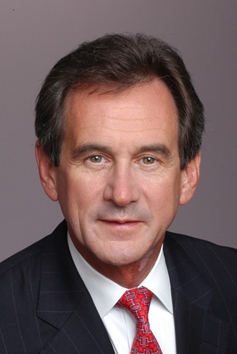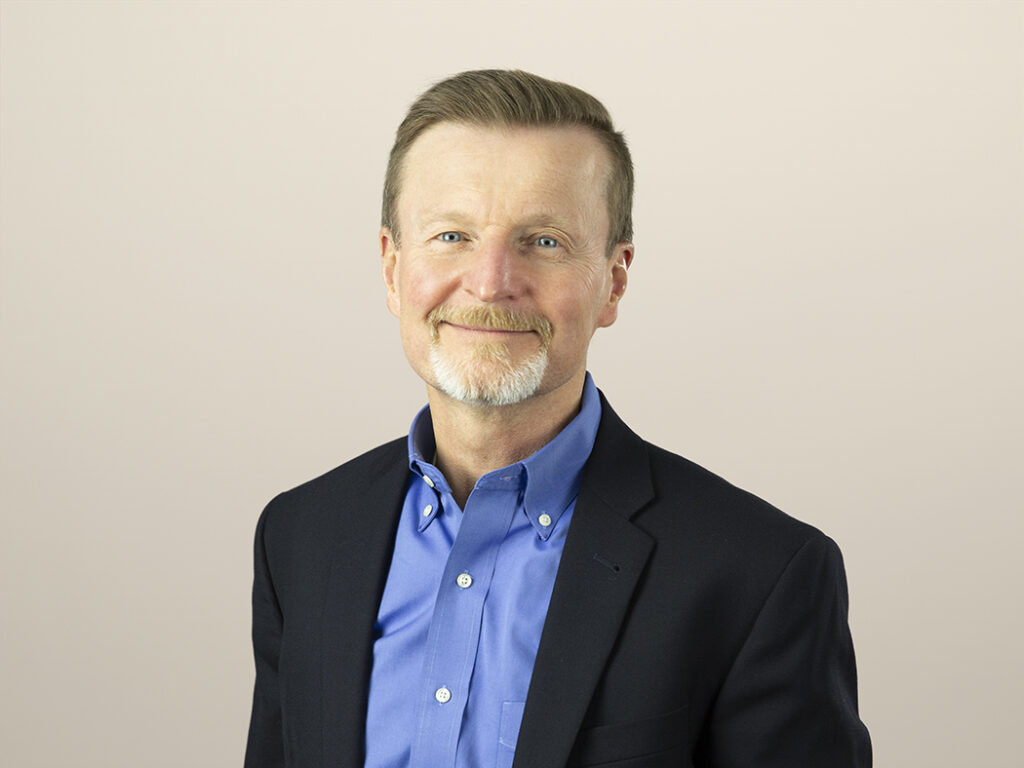Q&A With Clyde Guinn, President, Days Inn Worldwide, Wyndham Hotel Group
How’s this for a challenge? Imagine you’re the president of one of the largest economy hotel chains in America. Your goal: deliver a consistent, high-quality on-brand customer experience across all of your properties.
Now add in that the brand is more than 40 years old, you have 15 major direct competitors, and the behavior of your customer base is changing rapidly. And oh, yeah, you have to work through franchisees.
If you can imagine all that, then you might have a rough idea of what it’s like to be Clyde Guinn. I love talking to Clyde because he’s both grounded in the traditional hotel business and on top of how that business is rapidly changing. In the run-up to Forrester’s Forum For Customer Experience Professionals West in Los Angeles on October 9th and 10th, Clyde was kind enough to answer some questions that we posed to him.
I hope you enjoy his responses as much as I do, and I look forward to seeing many of you in Los Angeles!

Q: When did your company first begin focusing on customer experience? Why?
A: As a hospitality company, customer service is something that we, as well as our industry in general, have always focused on to some degree. It’s a vital part of ensuring success. I think what’s changed, or perhaps evolved, is how we measure the customer experience.
If you go back a few decades, the standard practice was to hand out little cards that would be given to guests at checkout, asking them to share their comments. Then the Internet came along, and suddenly the cards had evolved into a digital format. This not only made it easier to contact guests after their stay but also enabled companies to collect and drill down into specific pieces of data. Today, with the advent of social media, it’s changed again. Now guests aren’t just telling you what they thought of your hotel — they’re telling the world. So we have to adapt again, finding new ways to measure not only what they’re telling us but also what they’re telling each other.
Q: What were the first steps your firm took to improve customer experience? Why did you choose to start that way?
A: Our first step in evolving for today’s socially driven world was to find a partner that could not only allow us to harness the knowledge and data around what was being shared but also integrate it with the feedback that we were already receiving, providing a holistic understanding of what guests think and where our greatest opportunities lie.
Based on the above, we chose to partner with TripAdvisor. Today, if you stay at one of our hotels and receive a survey, your responses are posted directly to TripAdvisor and shared with the world. This accomplishes two things. One, it greatly increases the number of reviews for our hotels — which data has shown, the more reviews there are, the better and more accurate the rating. Two, it creates a singular source of public and internal data around what guests think, which we’re then able to drill down into to identify not only potential issues at a particular property but also trends that exists across the brand.
Q: What if anything is different about what you're doing now to improve customer experience versus what you did when you were starting out?
A: What’s different is that we’ve changed where we’re spending our money and, in turn, requesting our franchisees to spend money because of the insights that this new data provides. Previously in the hotel industry, we were always able to have some understanding of the value of the customer experience but not in a way that would allow us to attach a dollar amount to it. It was impossible to say that if you improve this at your hotel or that, you’re going to see this much of return on that investment. Now, thanks to the data we have as a result of TripAdvisor, we’re able to pinpoint specific areas and say with some degree of certainty that this is causing your hotel to score this on TripAdvisor. But if you were to address these areas, you would likely see your score improve to this. What’s more, we’re then able to assign a dollar amount to the score increase, allowing our owners to have a clear understanding of how the improvements increase their bottom line. This makes it substantially easier to talk with owners about making improvements to their hotel, helping them understand what areas need the most attention, and ultimately making the investment.
